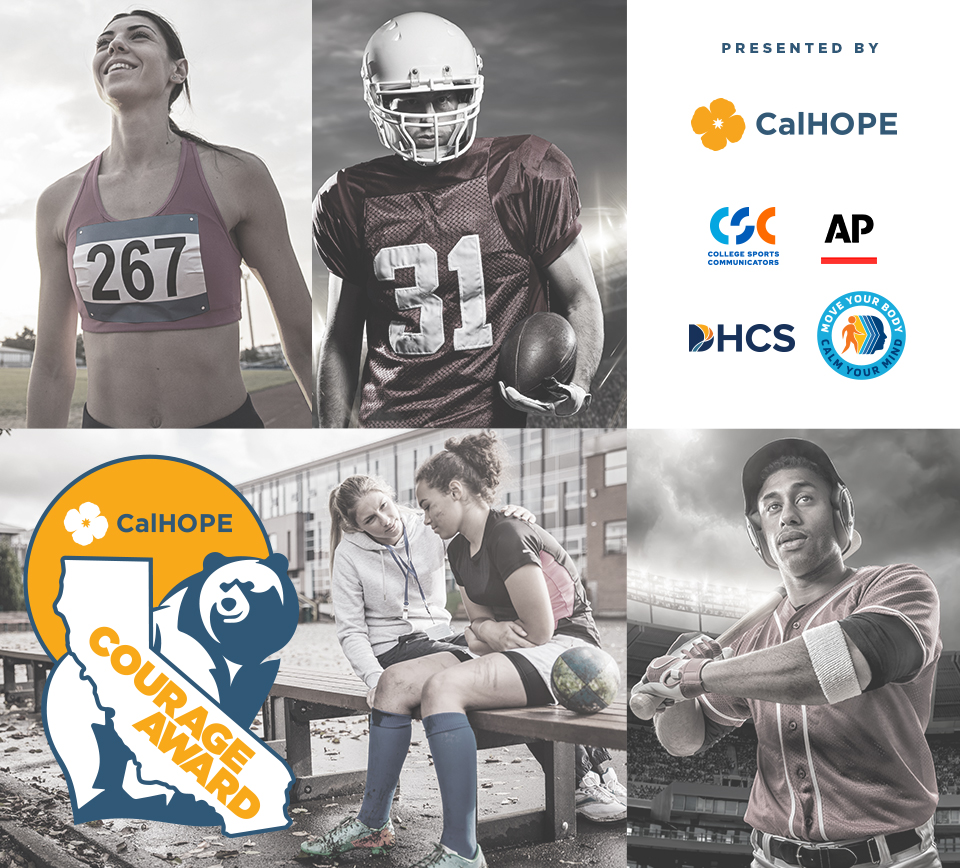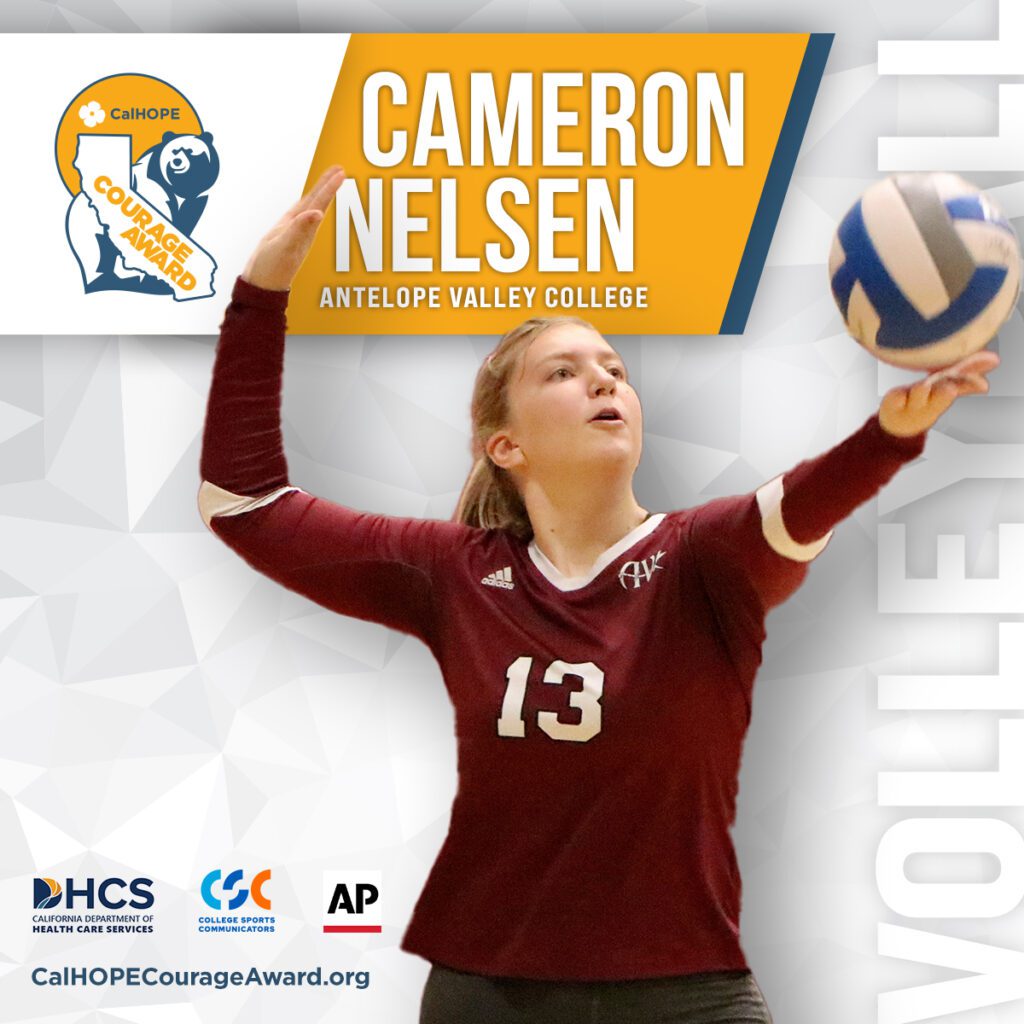Cami Nelsen’s journey is one marked by resilience and triumph over formidable challenges. Diagnosed with Stage 2 chronic kidney disease at age 6, she struggled with increasing anxiety about her health, compounding existing mental health issues. Cami suffered from anemia during middle-school, forcing her to give up soccer and increasing her anxiety and depression, resulting in self-harm. Admitted to the intensive care unit for emergency blood transfusions in 8th grade, Cami’s physical health improved, but her mental struggles continued.
Transitioning from soccer to volleyball offered a fresh start, and she committed to the new sport, aspiring to play at the college level. However, COVID-19 led to an unforeseen battle—a rapid onset of an eating disorder rooted in trauma, social media, and genetics. A diagnosis of Anorexia Nervosa led to a year of hospitalizations, often in isolation due to COVID-19 restrictions.
Motivated by her love for volleyball, Cami’s recovery journey took a new turn post-treatment when she faced the challenge of a knee injury. During this time when she was unable to play volleyball, the native of Quartz Hills, California turned to advocacy. She founded “The RecoverED Project,” a 501c3 nonprofit supporting those in eating disorder recovery. Concurrently, she participated in the “Dove Self-Esteem Project”, contributing to a viral commercial about eating disorders that garnered more than 10 million views on Instagram and earned an Emmy award nomination. This visibility led to her speaking during a congressional briefing on Capitol Hill in Washington, D.C., with the Eating Disorders Coalition, advocating for mental health legislation.
By April 2023, Cami, cleared to return to volleyball, contacted Mark Cruz, Antelope Valley’s volleyball coach, and tried out for the team. She earned a roster spot, realizing her lifelong goal of playing a college sport. In her freshman season, she appeared in 14 of the Marauders 20 games and ranked second on the team with 78 sets and a .250 hitting percentage, while her 104 digs ranked fourth.
“I’ve learned over the past year or so that I need to share my story and advocate for mental health because, one, it’s healing for me and helps me turn my pain into purpose, and two, I’ve learned that healing loudly will prevent others from dying quietly,” said Cami.


